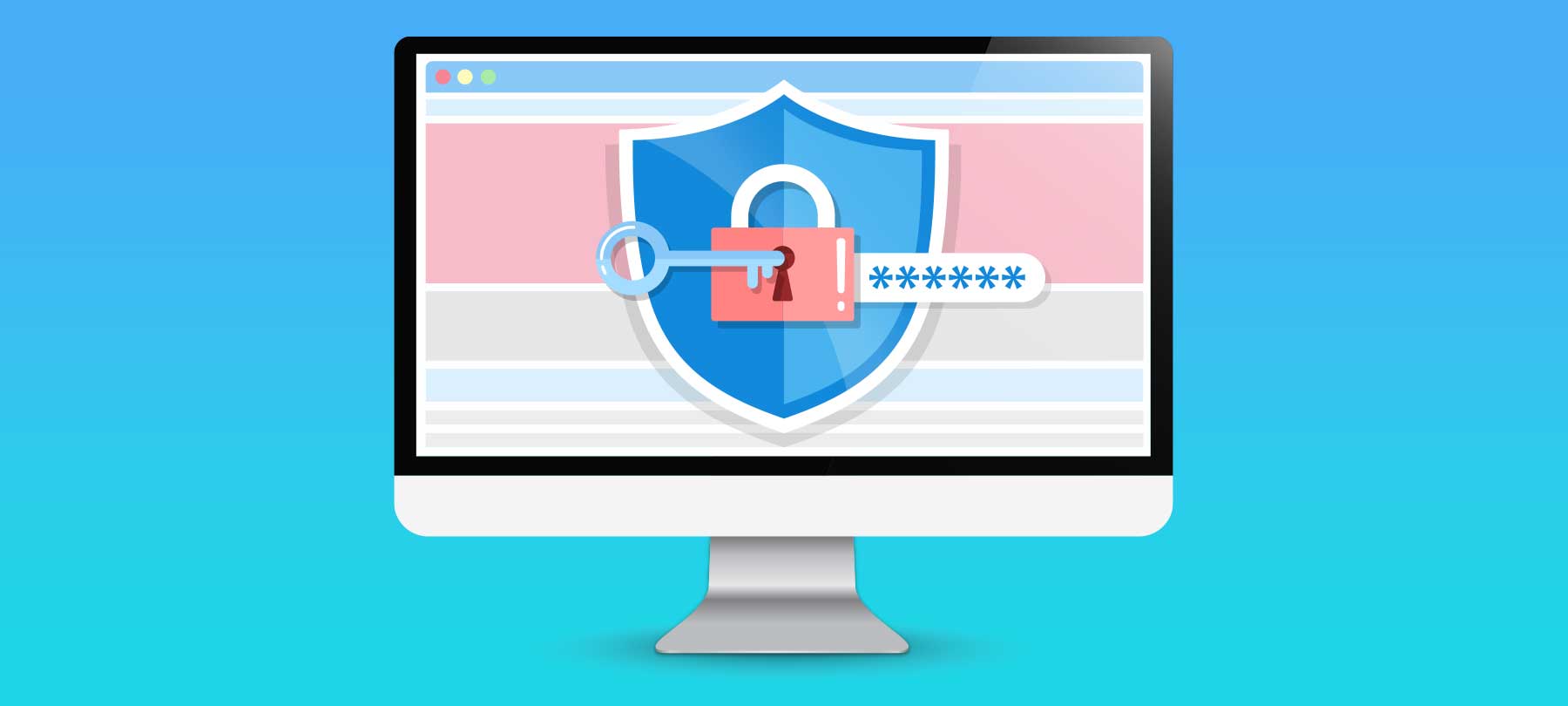
7 Cybersecurity Tips for E-Filing Taxes in 2020
With the April 15 tax filing deadline just weeks away, millions of U.S. taxpayers are getting ready to electronically file their tax returns. But electronic data transfer — especially where sensitive personal and financial information is concerned — carries risks. If you’re preparing to e-file your taxes, take a moment to read through this list of cybersecurity tips to stay safe.
- 1
Run your updates
Security vulnerabilities stemming from unpatched software can expose you to hacking and malware, so take a moment to update your OS and all applications before beginning your tax prep. This is especially important for network router firmware, malware detection software, and your web browser.
- 2
Check for malware
You should always make sure your computer is free of malware before using it to handle sensitive data, because if your system is infected with, for example, keylogging or screen capture software, malicious actors might be able to steal your personal information or account passwords. Perform a full scan with a reputable malware detection and removal tool before doing anything tax-related.
- 3
Protect the app
Whether you’re using a paid or a free version of e-filing software, use every tool available to you in order to safeguard the information you’ll be entering into that application. This means using a password manager to create a strong, unique password for your account and enabling two-factor authentication if the site offers it.
- 4
Secure your network
If you’re working on your home WiFi network, it’s important to follow best practices for network security. Don’t allow the network name itself to disclose any information about you or your equipment, such as a family name or router model, as these details could be useful to bad actors. Update your router’s firmware, and make sure you’ve changed the router’s factory default username and password to something more secure. Finally, use a strong encryption protocol like WPA2 to protect your network.
- 5
Use VPNs in public
If you need to work on your taxes using a public WiFi network, you can’t just assume that it’s secure. A public network is vulnerable to digital snoops and hackers, and its security is completely dependent on the expertise and goodwill of the people who set it up. When connected to public WiFi, use a VPN in order to encrypt all network traffic entering and leaving your computer — especially if that traffic may contain sensitive data.
- 6
Grill your preparer
If you’re working with a paid tax preparer, first make sure that they’re actually an authorized e-file provider using the IRS’s online tool. In addition, be aware that professional tax preparers are required to have a written data security plan detailing the steps they’ve taken to protect their clients, and the IRS provides them with a checklist of items that they should cover. Ask your tax pro about the checklist items directly or, better yet, ask to see the written copy of their plan. If they can’t or won’t answer your questions, find a new tax preparer.
- 7
Secure your refund
Watch out for tax scams aimed at stealing your refund or personal data. If you’re using a paid preparer, make sure that they sign electronic returns with their Preparer Tax Identification Number (PTIN), and if you’re receiving a refund by direct deposit, double-check the routing and account number on the tax return to make sure they actually belong to you. Unsolicited emails, texts, or calls about tax refunds are almost always phishing scams: Ignore them. If you need to check on the status of your refund, you can do so on the official IRS website.
Follow these tips to stay safe this tax season, and make sure to share this list with friends, relatives, and coworkers — because while death and taxes may be certain, cybercrime can be avoided by taking the proper precautions.
Learn about common scams targeting taxpayers
Learn more on how to avoid identity theft



